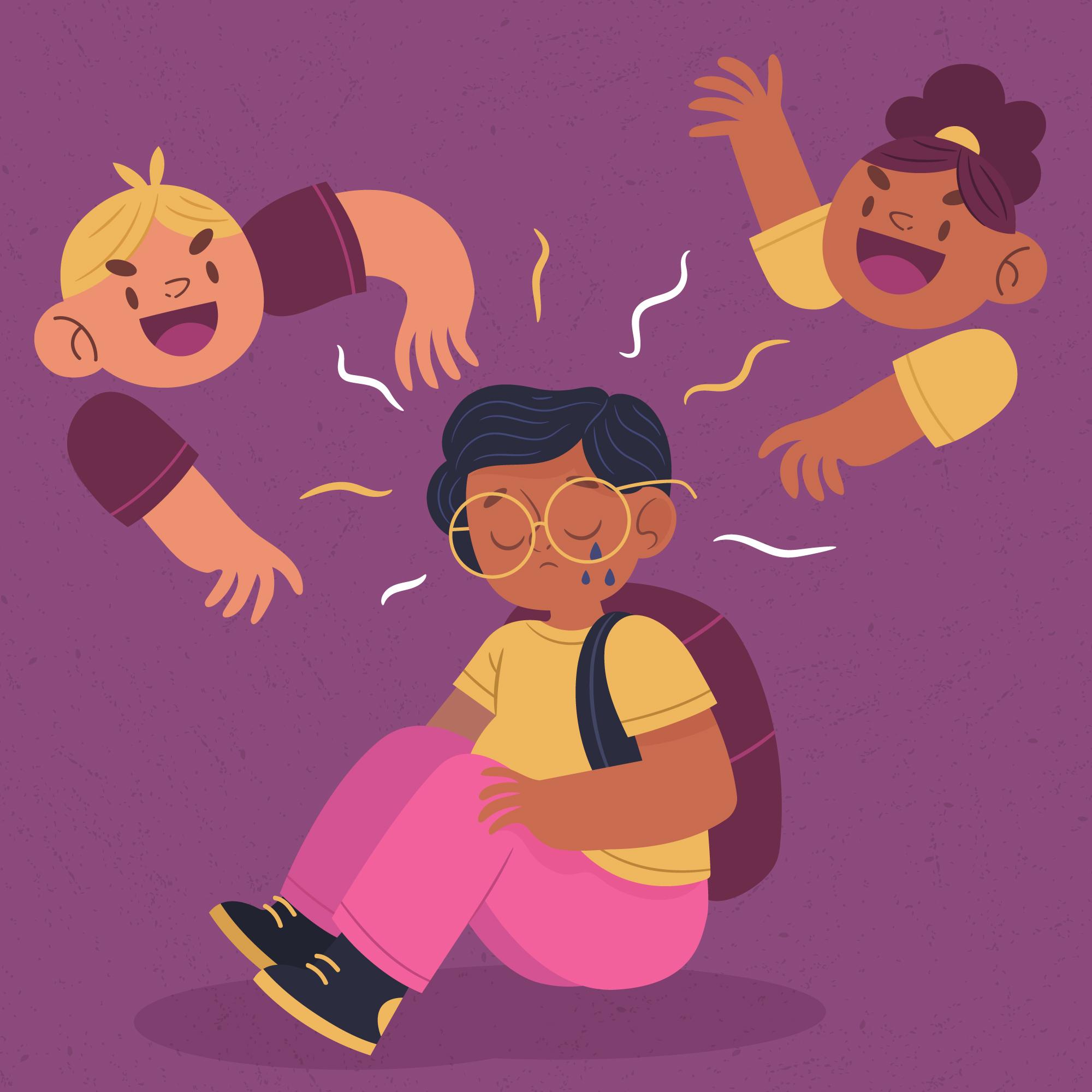Disruptive Mood Dysregulation Disorder
Disruptive Mood Dysregulation Disorder in the Indian Context
Overview
Disruptive Mood Dysregulation Disorder (DMDD) is a relatively recent addition to psychiatric diagnoses, first introduced in the DSM-5. It is characterized by chronic, severe irritability and frequent temper outbursts that are disproportionate to the situation. These symptoms significantly impair a child’s functioning across various settings, including home, school, and social environments.
Key Facts
- Prevalence: Studies indicate that DMDD is more commonly diagnosed in males. In a study conducted in India, out of 500 children screened, nine were diagnosed with DMDD, with a male preponderance.
- Age of Onset: DMDD is typically diagnosed in children aged 6 to 16 years. The mean age of diagnosis in the Indian context was found to be around 11 years.
Symptoms and Patterns
The hallmark symptoms of DMDD include:
- Severe Temper Outbursts: These occur frequently and are grossly out of proportion to the situation.
- Persistent Irritable or Angry Mood: Between outbursts, children exhibit a consistently irritable or angry demeanour.
In the Indian context, children with DMDD often present with additional challenges such as conduct problems, academic decline, hyperactivity, and impulsivity.
Risk and Protective Factors
Several risk factors have been identified in Indian studies:
- Psychosocial Factors: Children from broken families or those with a family history of psychiatric illnesses are at higher risk.
- Childhood Adversities: Experiences such as sexual abuse has been noted as contributory factors.
Protective factors include a supportive family environment and early intervention.
Treatment and Care
Management of DMDD requires a comprehensive approach:
- Pharmacological Interventions: Medications may be prescribed to manage severe irritability and mood symptoms.
- Psychological Therapies: Cognitive Behavioural Therapy (CBT) has shown promise in reducing anger and aggression in children with DMDD.
Psychological and Psychosocial Interventions
CBT focuses on helping children identify and modify negative thought patterns and behaviours. In an Indian case study, a 10-year-old boy with DMDD underwent 11 CBT sessions over 15 weeks, resulting in significant reductions in anger, aggression, and irritability.
Conclusion
DMDD is a significant mental health concern affecting children and adolescents in India. Early recognition and a combination of pharmacological and psychological interventions can lead to improved outcomes. Further research is essential to understand the disorder’s prevalence and develop culturally tailored interventions.


